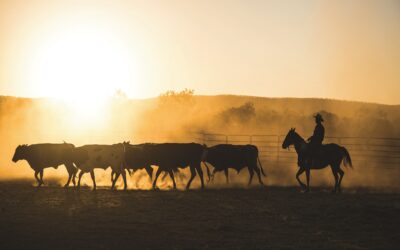 As published in CK Momentum Issue 8 (Click here to download)
As published in CK Momentum Issue 8 (Click here to download)
To avoid the risk of replicating many of the mistakes the Japanese made in their acquisitions of property in Australia in the 1980s and 1990s,prospective foreign investors in Australian rural assets should undertake extensive due diligence before securing an asset. There also needs to be a greaterappreciation by these investors of the different and often greater risks of making such investments so often naturally affected by fluctuations in commodityprices, the impact of drought and changing dynamics in geopolitics.
Lawyers experienced in agribusiness can provide comprehensive and necessary reports on the legal implications in the purchase of such assets. That is a given. However, what is often overlooked is a similar level of due diligence in relation to the nature, extent and workability of rural assets. Foreign investors in rural assets should appoint an experienced consultant to provide a comprehensive commercial report regarding the asset before acquisition. A report, as a threshold issue, should provide the prospective investor with objective guidance as to the historical financial performance of the asset which of itself ought to demonstrate the peaks and troughs such assets usually experience in performance. Suitable corporate financial modelling is recommended.
The first question an investor in rural property needs to ask themselves is whether the target asset is likely to meet their objectives. Those objectives may be financial, provide a link in a supply chain, or be complementary with like assets in other locations.
Investors should not assume that, for example, any cattle property can satisfactorily run the breed or types of cattle that the investor will seek to use on the property. Access (and the cost of access) to selling yards and slaughter facilities, and adequacy and access to water also need to be considered. There are a myriad of different commercial issues according to the industry concerned. There are other critical issues to consider. Very often such an investor will need to hire local management and workforce. The investor will need to be well satisfied that the management and the workforce are suitable and experienced to run such an operation.
The ClarkeKann Agribusiness Group would be happy to make recommendations for an appropriate consultant to provide due diligence services in respect of a proposed acquisitions.


